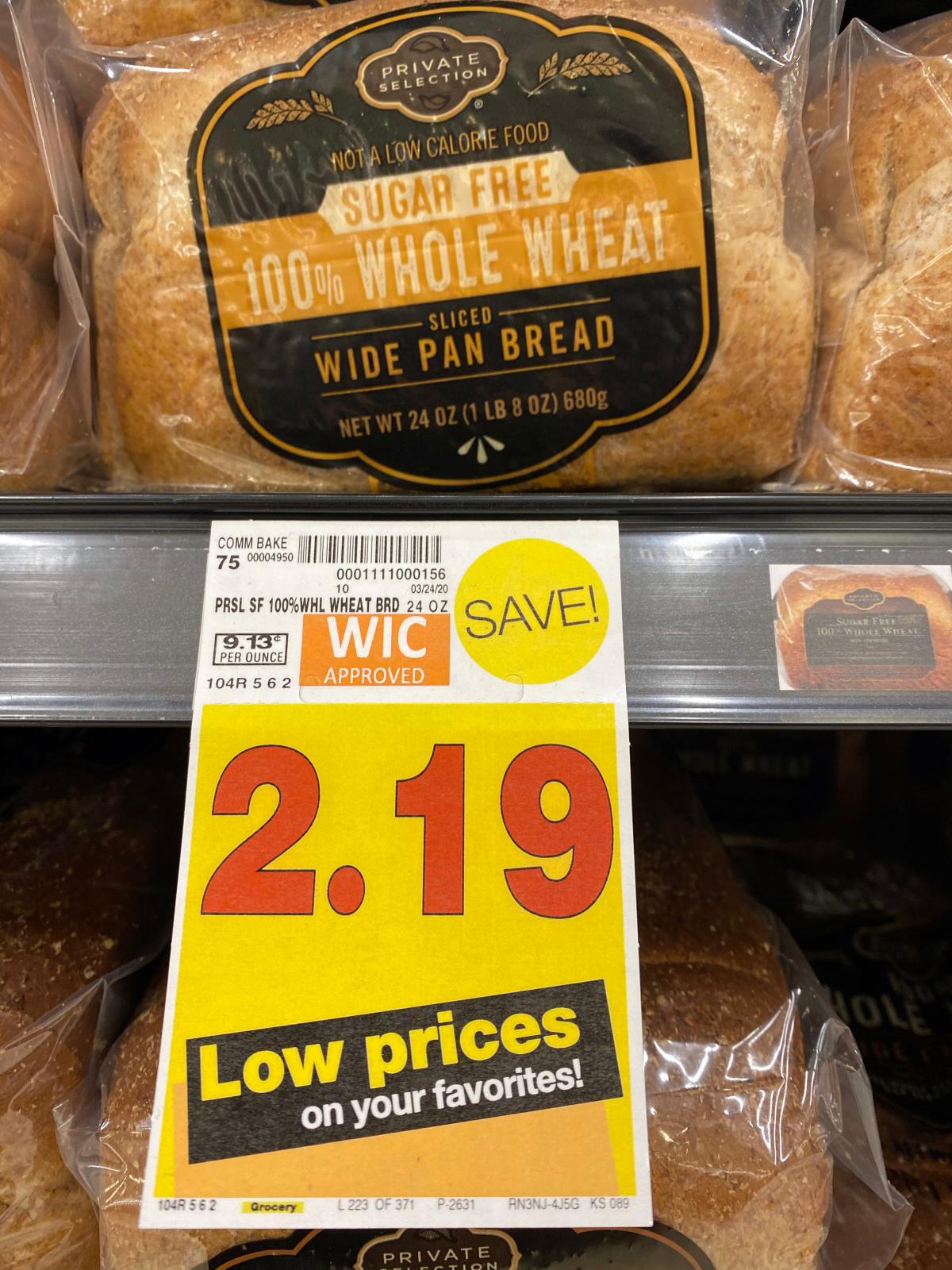Personal Finance
Debates in Congress can feel like a snooze-fest. But you’ll want to stay awake for these 3.

It’s easy to tune out Congress’ ongoing squabbles over budgets and bills, but Americans may want to pay attention because of three major issues that could affect their wallets.
With the latest stopgap measure expiring next month, Congress again is preparing for a budget showdown. Included in that faceoff, extra funding for the Special Supplemental Nutrition Program for Women, Infants, and Children (WIC) and the Low-Income Home Energy Assistance Program (LIHEAP), which help low-income people pay for food and energy. Both still need budget approval to keep operating at full speed.
Separately, a multi-year enhanced child tax credit that passed in the House in January has yet to go for a Senate vote. If passed, as many as 400,000 children would be lifted out of poverty in its first year, the left-leaning Center on Budget and Policy Priorities (CPBB) think tank said.
“The three programs together will make a significant difference in strengthening low-income families,” said Mark Wolfe, director of National Energy Assistance Directors Association, which represents state directors of LIHEAP.
WIC
WIC provides nutrition assistance to 6.7 million women and children, but participation’s rising as more Americans struggle financially. To serve them, WIC needs another $1 billion, the United States Department of Agriculture said last December.
In the last two stopgap measures to keep the government running, Congress didn’t provide any additional money.
If Congress doesn’t act now, states that administer WIC “will have to make tough choices,” said Craig Moscetti, senior manager of policy of Share Our Strength’s No Kid Hungry Campaign, focused on ending childhood hunger and poverty.
Starting next month, eligible families could be waitlisted, turned away or have their benefits cut for the first time in 30 years. The CPBB estimates about 2 million children and mothers nationwide will be cut by September, with harm falling disproportionately on Black and Hispanic families.
That could be dire for people like Mahagani Jenkins, a WIC participant with a young son. She relies on WIC to cover formula, baby food, and fruits and vegetables so she can spend her income on diapers and wipes, which aren’t covered by WIC, she said.
Child tax credit to the rescue: Moms and babies were struggling in Flint, Michigan. Cash offers a lifeline of hope.
LIHEAP
LIHEAP spent its $4.1 billion grant plus a supplemental $2 billion in fiscal year 2023 to help a record 7.1 million households with heating and cooling assistance, and the program wants to keep funding at that same $6.1 billion total.
“I keep hearing back from the Hill that it will be tough,” Wolfe said. “Additional funding looks grim.” At least one million households would be cut from the program, he said.
A record 16%, or 21.2 million households are already behind on their energy bills. During calendar year 2023, the total of this unpaid debt increased to $20.3 billion in December 2023 from $17.7 billion in January 2023, Wolfe said.
“Energy prices are coming down but remain high,” Wolfe said. “States are reporting that they are cutting back on emergency funds, closing their programs early and scaling back or not planning to offer cooling assistance.” For millions, it could end up being a blistering summer, he warned.
Enhanced Child Tax Credit
The House passed in January a bill that would allow a larger portion of the child tax credit to be refundable, retroactive to tax year 2023. Americans are filing those tax returns now, but if it passes the Senate, the IRS will recalculate your taxes to see if you’re entitled to more refund money.
In 2023, the refundable portion of the $2,000 credit, which would be adjusted for inflation in 2024 and 2025, would increase to $1,800 from $1,600 now. In 2024, it would increase to $1,900 and to $2,000 in 2025.
The Senate hasn’t put the bill up for a vote yet. Some, like ranking member of the Senate Finance Committee Mike Crapo and Marco Rubio, say the bill would turn the child tax credit into welfare instead of tax relief for working Americans. Others, like Mitt Romney, say the plan is too costly.
When the Senate could vote on the bill remains unclear. The Finance Committee still needs to review, debate, and possibly rewrite, the bill first.
Medora Lee is a money, markets and personal finance reporter at USA TODAY. You can reach her at mjlee@usatoday.com and subscribe to our free Daily Money newsletter for personal finance tips and business news every Monday through Friday morning.
This article originally appeared on USA TODAY: 3 Congress debates will hit your wallet: Child Tax Credit, WIC, LIHEAP
Read the full article here

-

 Make Money6 days ago
Make Money6 days agoHow to Create and Sell Digital Products Online (Make Extra Money)
-

 Investing6 days ago
Investing6 days agoIs Apple Releasing an ‘Ultra-Thin’ iPhone 17 Air? New Report
-

 Side Hustles7 days ago
Side Hustles7 days agoCreate Your Wealthy, Purposeful Life: Business Expert’s Tips
-

 Investing6 days ago
Investing6 days agoUS data center electricity and water use to increase significantly by 2028: report By Investing.com
-

 Investing5 days ago
Investing5 days agoMoldova breakaway region to face new power cuts on Saturday, officials say By Reuters
-

 Investing5 days ago
Investing5 days agoReebok Co-Founder Backs Syntilay’s New AI, 3D-Printed Shoe
-

 Side Hustles5 days ago
Side Hustles5 days agoHow to Survive High-Demand Seasons Without Losing Customers
-

 Side Hustles7 days ago
Side Hustles7 days agoMinimum Wage Is Increasing In These 21 States This Year


















